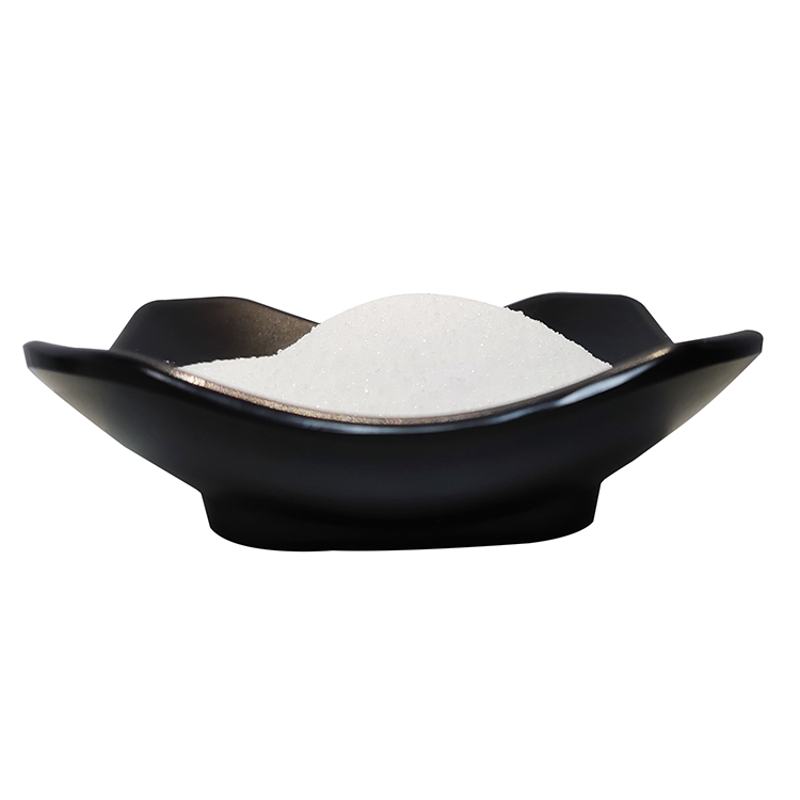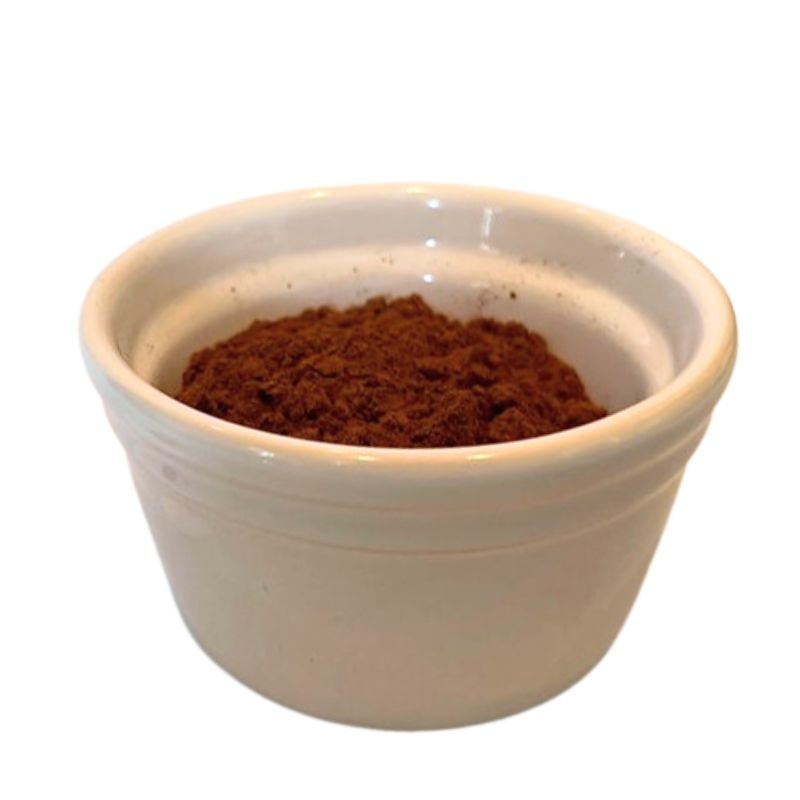-
Categories
-
Pharmaceutical Intermediates
-
Active Pharmaceutical Ingredients
-
Food Additives
- Industrial Coatings
- Agrochemicals
- Dyes and Pigments
- Surfactant
- Flavors and Fragrances
- Chemical Reagents
- Catalyst and Auxiliary
- Natural Products
- Inorganic Chemistry
-
Organic Chemistry
-
Biochemical Engineering
- Analytical Chemistry
-
Cosmetic Ingredient
- Water Treatment Chemical
-
Pharmaceutical Intermediates
Promotion
ECHEMI Mall
Wholesale
Weekly Price
Exhibition
News
-
Trade Service
Tg6F prevents wd-mediated gene suppression, which regulates antimicrobial peptide/protein levels and produces goblet cells and Paneth cells in the small intestine
Source: Srinivasa T.
A new study by the University of California, Los Angeles found that mice fed a high-fat, high-cholesterol, and high-calorie diet similar to the Western diet had higher blood lipid levels and higher levels of inflammation
The research was published today in the Journal of Lipid Research
Inflammation is an important process to protect the body from infection and toxins
Researchers at the University of California, Los Angeles have previously used a mouse model that has been treated for HIV to study this problem
To learn more about diet and inflammation, study Palavi Eyalmukjee fed half a group of mice to a typical "Western diet," high in fat, cholesterol, and calories, while the rest of the food fed to normal mice is called " Food diet," which is low in fat, cholesterol and calories
Normal phospholipids do not induce inflammation, but it is known that oxidized phospholipids often induce a strong inflammatory response
Dr.
The researchers focused on a thin mucus layer, which is the interface between the bacteria in the jejunum cavity and the cells on the surface of the jejunum, which occupy food ingredients
In mice fed Western food, the content of oxidized phospholipids in the jejunum was higher than that in mice fed weekly food
The jejunal lymph fluid of mice fed the Western diet increased in lipopolysaccharide content, and the blood lipopolysaccharide content in these mice also increased
Researchers speculate that the Western diet-mediated changes are due to the formation of oxidized phospholipids in the jejunum
Researchers have found that adding Tg6F to the Western diet can reduce the level of oxidized phospholipids in jejunal mucus
The authors say their findings suggest that targeting the mucus interface between bacteria and small intestine cells, using mimic peptides that are the main proteins in high-density lipoproteins may be a way to prevent systemic inflammation
Article title
Oxidized Phospholipids Cause Changes in Jejunum Mucus that Induce Dysbiosis and Systemic Inflammation







